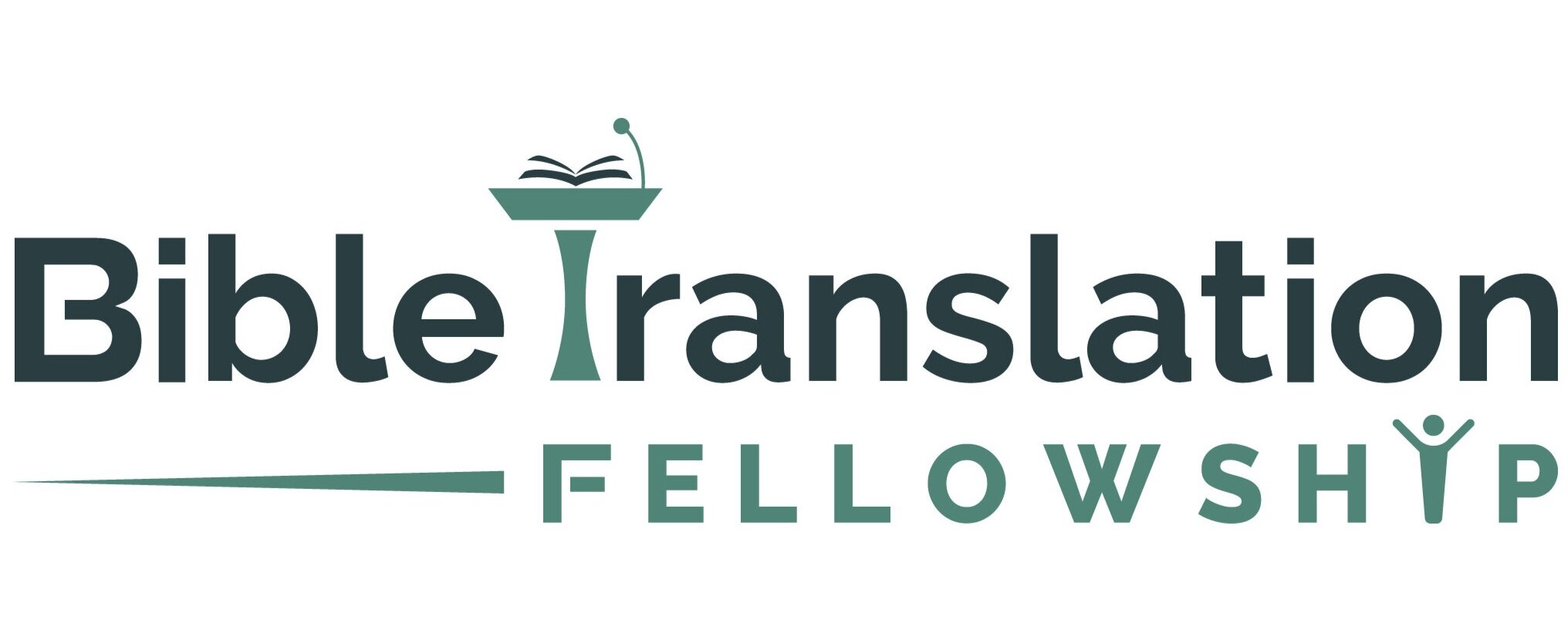Tyndale's Concern for the Need of an English Bible - Who is the Translator's Audience?
How did Tyndale determine there was a need for an English translation of the Bible? And who was his audience for the translation?On Tyndale's "call" to translate, Daniell writes, "The call to devote his life to the printing of the Scriptures in English might have come to Tyndale as a slowly growing conviction over some years" (Daniell, 61). What informed this growing conviction? What should inform our interest and conviction to translate?With more than 7,100 languages in the world and less than 500 having a full Bible translation, and many of those needing revision, these are relevant questions for us today. Do we focus on revising the majority language translations or tackle the minority languages? Which languages are worth investing in, and which languages are dying out? If we do translate, who is our audience? What reading level should the translation be aimed at?And how was it that Tyndale recognized the need for an English translation of the Bible? We often hear the quote that Tyndale wanted every farmer-boy to be able to read the Scriptures in his own every-day language. But Tyndale was also motivated to produce an English translation because "'the priests of the country be unlearned,' unable to expound Scripture to the laity," and thus Tyndale believed that "everyone should be able to see 'the process, order, and meaning' of the Bible" (Daniell, 83).There is much to consider when translating the Bible into the languages of the world where Christ is not yet named or where there is a fledgling church without a complete Bible. Are the people literate? If they are an oral people, will everyone learn to read? What reading level should the first Bible be translated into? And how soon should a revision be done? Should certain portions of the translation be produced for evangelistic purposes, printed as individual booklets, such as one of the Gospels? Should the primary translation be printed with explanatory notes at each point where the translators made interpretive decisions (e.g. the NET Bible)?Some translation agencies have advocated that the target audience (i.e. the reading level) of a first translation ought to be women and children. While Tyndale shares the concern for a translation that is understandable by young farmer boys, he was also motivated to translate because even the clergy of the Roman Catholic church did not understand the Latin Bible, and thus could not exegete and exposit it. Thus, not only could the common people not read the Bible in Latin, but neither could the clergy read, understand, and exposit the Latin Bible.God did not simply give us the Bible all by itself; He also gave the gift of pastor-teachers to the church, for the express purpose of ministering the Word to the gathered local church through reading the Bible aloud, preaching it, praying it, singing it, and even showing the Word pictured in the ordinances of baptism and the Lord's Supper.History shows us that where Christianity goes, literacy follows quite quickly. And yet we must realize that not every Christian will learn to read. However, God has made a provision for this by instructing that all believers commit to the regular gathering together with other believers in a local church, so that they will be sanctified by the truth of God's Word, as they hear it read, preached, prayed, sung and seen every week in the life of their local church.As translators, pastor-translators, or pastors on translation committees, we ought to strive to make our translations understandable to new Christians, and yet in making them readable, not overcompensate to the extent that we eliminate the various interpretive options that exist in the original language. If the original language presents the reader with two interpretive options, we must strive to present the same two options in the target language, or else choose one option and footnote the other. Our translations must be transparent, so that readers have as much access to the interpretive options in their language as we do in reading the original languages. When we must make an interpretive decision, we ought to give explanatory notes. If heavily footnoted editions are inadvisable for evangelistic purposes, we could at least provide these "study Bible" editions so that Christians, and especially pastors, can be discipled by the translators.We must not forget that God provides the local church with pastors to equip the saints to do the work of ministry (Eph 4:11ff.). Running alongside translation work, there can be a robust theological education that trains pastors and leaders to rightly handle the Word of God in their ministries. In church planting where Christ is not yet named, where Bibles and churches do not yet exist, we are not called to simply translate, but to make disciples, teaching to observe all that Christ has commanded (Matt 28:18-20). We are called to establish elders (Titus 1:5; 1-2 Tim). We are called to find and teach others, who will then be able to teach and preach (2 Tim 2:2; 4:1-5), leading God's church to maturity (Eph 4:11ff.).
